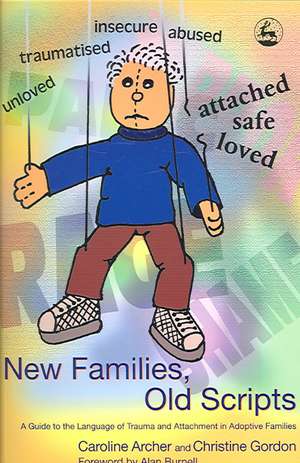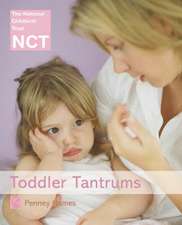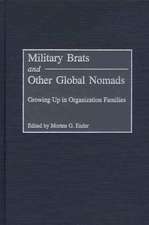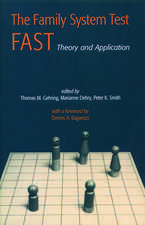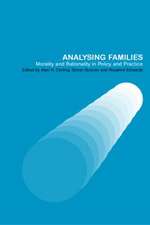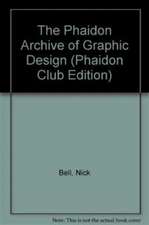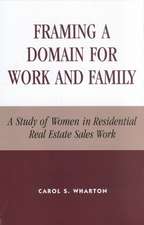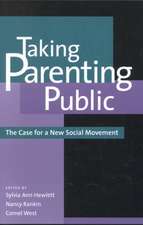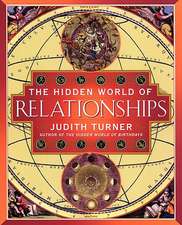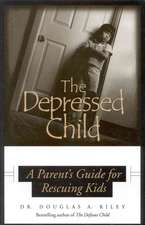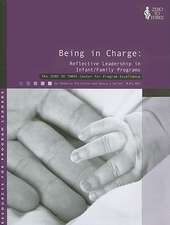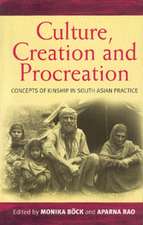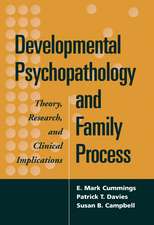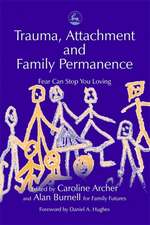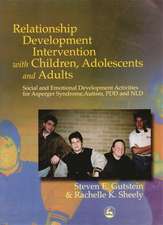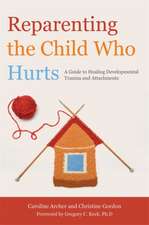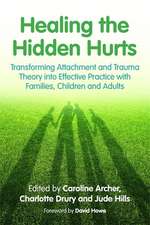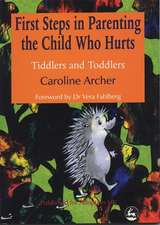New Families, Old Scripts: A Guide to the Language of Trauma and Attachment in Adoptive Families
Autor Caroline Archeren Limba Engleză Paperback – 31 ian 2006
Preț: 166.82 lei
Preț vechi: 215.87 lei
-23% Nou
Puncte Express: 250
Preț estimativ în valută:
31.92€ • 33.48$ • 26.57£
31.92€ • 33.48$ • 26.57£
Carte disponibilă
Livrare economică 11-25 martie
Preluare comenzi: 021 569.72.76
Specificații
ISBN-13: 9781843102588
ISBN-10: 1843102587
Pagini: 256
Dimensiuni: 163 x 234 x 19 mm
Greutate: 0.39 kg
Ediția:New.
Editura: JESSICA KINGSLEY PUBLISHERS
Locul publicării:United Kingdom
ISBN-10: 1843102587
Pagini: 256
Dimensiuni: 163 x 234 x 19 mm
Greutate: 0.39 kg
Ediția:New.
Editura: JESSICA KINGSLEY PUBLISHERS
Locul publicării:United Kingdom
Notă biografică
Caroline Archer is an adoptive parent, an independent consultant in post-adoption support and a therapeutic parent mentor. She is also the bestselling author of Reparenting the Child who Hurts: A Guide to Healing Developmental Trauma and Attachments , First Steps in Parenting a Child who Hurts: Tiddlers and Toddlers 2nd Edition, and Next Steps in Parenting a Child who Hurts: Tykes and Teens (with Christine Gordon). Christine Gordon is an adoptive parent with many years' experience of working with adoptive and foster families. She was a co-founder of Family Futures Consortium, London. Alongside her 'hands on' supportive role to parents, she is active in training and promoting the professional role of parent mentor as an integral part of the therapeutic team.
Cuprins
Foreword by Alan Burnell, Family Futures. Introduction. Thumbnail sketches. Alphabet of Issues. 1. Accent on change. 2. Aggressive and angry behaviour. 3. Attention seeking/ needing. 4. Basic building blocks of the brain. 5. Bedtime and sleep. 6. Cracking the code. 7. Control issues. 8. Cradling for closeness and comfort. 9. Critical connections. 10. Dealing with danger. 11. Dissociative connections. 12. Dissociative states. 13. Eating and food issues. 14. Emotional outbursts. 15. F is for feelings. 16. F1 kids. 17. Games to encourage attachment. 18. Good child (am I being good enough?) 19. Impact on parents. 20. Looking after yourself. 21. Managing separations. 22. `NO'. 23. Nutrition. 24. Putting it all behind us. 25. Puzzling pain responses. 26. Reassurance or validation. 27. Rivalry between siblings. 28. Rudeness and swearing. 29. Self-regulation. 30. Sensory issues. 31. Sexualised behaviour. 32. Taking, borrowing or stealing. 33. Terrible shame. 34. Think toddler think (T3). 35. What not to do! 36. Your way forward - final reflections. 37. References. Resources and related reading. Index.
